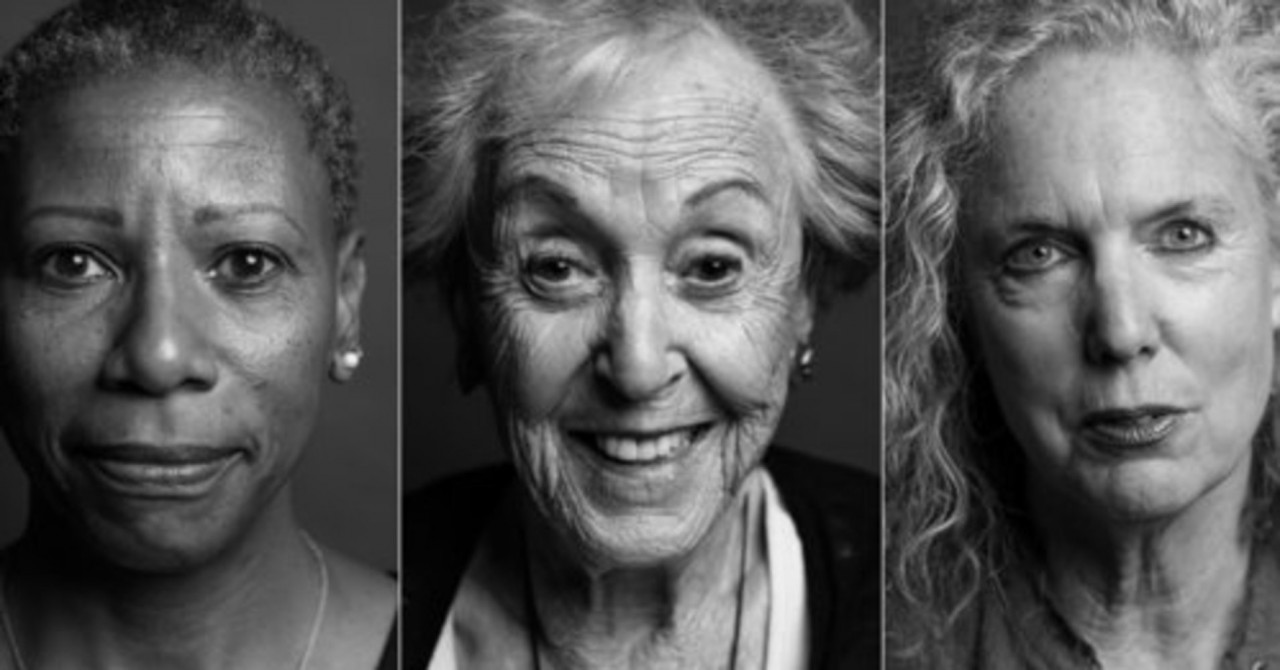
Facial recognition is hot now. The software is now so good it’s being used for crime prevention and apprehension by law agencies. This is leading to a revolution in law and order as we speak.
Did you see the research that links particular types of wrinkles to heart disease? Apparently, these wrinkles are a good predictor.
So, what I’m wondering is if there’s a new field opening up, namely wrinkle recognition. Sounds like a cruel joke, right?
But here’s the train of thought. As we all know there’s lot of different types of wrinkles out there. Deep short ones, deep long ones; fine short one and fine long ones. Wrinkles at the edges of the eyes, mouth and alongside the nose. What about those under the eyes? And so on, blah blah.
I wonder what the likelihood is that every one of these types of wrinkles tells a story? Literally. As George Orwell said, paraphrasing Oscar Wilde (we think) "at 50, everyone has the face he deserves".
Orwell was talking about the face and its associated marks being reflective of a person’s personality, her life experience, and maybe even the type of death they would be likely to experience. He probably had a good point. There are even experts at large who claim to be able to read your wrinkles, at least from a life perspective.
There are probably thousands of wrinkle patterns. The chances are that they reflect certain disease patterns of morbidity, disease and of course, environmental influences. I’m sure that as we get older we intuitively understand many of those patterns. But recognizing wrinkles has only been used as an adjunct to facial recognition, not as a predictor of health and morbidity in its own right. My feeling is that we are on the cusp of that changing dramatically.
The reason that wrinkles might reflect certain types of heart disease seems to be linked with how plaque builds up in arteries and thence shows up in characteristic types of wrinkles. So, it’s likely that there could be thousands of other causes that could cause different but characteristic wrinkles. Maybe these would reflect other different types of morbidity, not just in the circulatory system, but others including digestive diseases (a dyspeptic, choleric, splenetic or bilious disposition maybe leading to characteristic wrinkles?), neural issues and so on.
Could wrinkles also reflect cognitive traits? Maybe the constant furrowing of a brow, drawn lips, wrinkled nose, all of which over time leave characteristic marks and wrinkles? Could we read these and combinations and variations so that we build up a picture relating to underlying cognitive issues and capabilities based on hard science and good physiological research?
And here’s a thought. You might think I’m just talking about those deep wrinkles grandma has. Nope, no such luck. You can have micro-wrinkles even when you are younger. They can be read too.
Come of think of it all this seems tailor-made for AI, right? No doubt in many cases there might not be a single cause for a particular type of wrinkle, or wrinkle pattern. But AI could help root out the most likely cause. If we used wrinkle recognition in conjunction of those famous DNA apps that tell you about your likely ethnic background and disease vulnerabilities, could we get a step closer to really figuring out how long you’re going to last and what you will eventually die of?
Wrinkles don’t tell lies. I think wrinkle recognition might well turn out to be more important than facial recognition because of its health prediction potential.
Make sure you apply that magic wrinkle-disappearing Botox cream from this day henceforth.